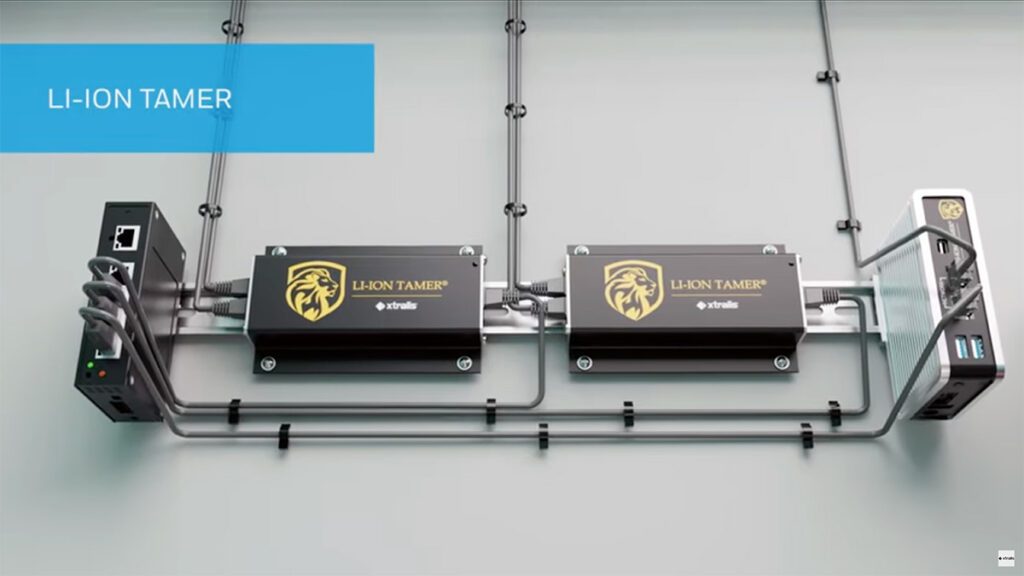Many have foretold the demise of the global petroleum industry, to be met with every reaction from delight to dismay, but mostly with disbelief. However, the latest prophet of doom is no kale-cooking techno-greenie, but French banking group BNP Paribas, the largest bank in the Eurozone and the 8th largest in the world. According to a recent report from the bank’s Asset Management division, the combination of renewable energy and electric vehicles is over six times more efficient at delivering mobility than the current oil-based system.
The report, entitled “Wells, Wires and Wheels,” focuses on the concept of Energy Return on Capital Invested (EROCI), “a metric that allows for the comparison of the energy yielded from a given level of investment in different energy sources.”
“What we are most interested in is how much a given capital outlay on oil and renewables translates into useful or propulsive energy at the wheels,” writes report author Mark Lewis, the company’s Global Head of Sustainability Research. “In other words, for a given capital outlay, how much mobility can you buy?”
The answer to that question is dismal news for fans of fossil fuels. “We calculate that to get the same amount of mobility from gasoline as from new renewables in tandem with EVs over the next 25 years would cost 6.2x-7x more,” Lewis writes. “Indeed, even if we add in the cost of building new network infrastructure to cope with all the new wind and/or solar capacity implied by replacing gasoline with renewables and EVs, the economics of renewables still crush those of oil.”
Renewables win the day because of their low marginal costs, and because of the expense of transporting and refining petroleum products. And of course, electric powertrains are far more efficient than ICEs – according to the US DOE, “EVs convert about 59%-62% of the electrical energy from the grid to power at the wheels. Conventional gasoline vehicles only convert about 17%-21% of the energy stored in gasoline to power at the wheels.”
The BNP Paribas report calculates that, for oil to be competitive with renewables and EVs, the industry would need to be able to extract oil at a cost of $9-10 per barrel. In fact, most of the oil industry’s currently planned investments are based on a price of $60 per barrel.
The report’s calculations are based solely on the cost of mobility – they do not take into account any environmental or health benefits of a move away from fossil fuels, nor does the report discuss any of the political or economic upheavals that could result from such a seismic shift in the world’s energy and transportation sectors.
“We conclude that the economics of oil for gasoline and diesel vehicles versus wind- and solar-powered EVs are now in relentless and irreversible decline, with far-reaching implications for both policymakers and the oil majors,” writes Lewis. “If all of this sounds far-fetched, then the speed with which the competitive landscape of the European utility industry has been reshaped over the last decade by the rollout of wind and solar power – and the billions of euros of fossil-fuel generation assets that this has stranded – should be a flashing red light on the oil industry’s dashboard.”
That light may be starting to flash. The trade publication OilPrice.com duly noted some of the report’s caveats – the oil industry enjoys a massive scale advantage over wind and solar, and EVs remain more expensive than ICE vehicles – but didn’t sugar-coat its conclusion: “[Although] oil enjoys a significant energy-flow advantage over renewables…the question is, how big is this advantage, and how long will it last?”
Source: BNP Paribas via RenewEconomy



















































































